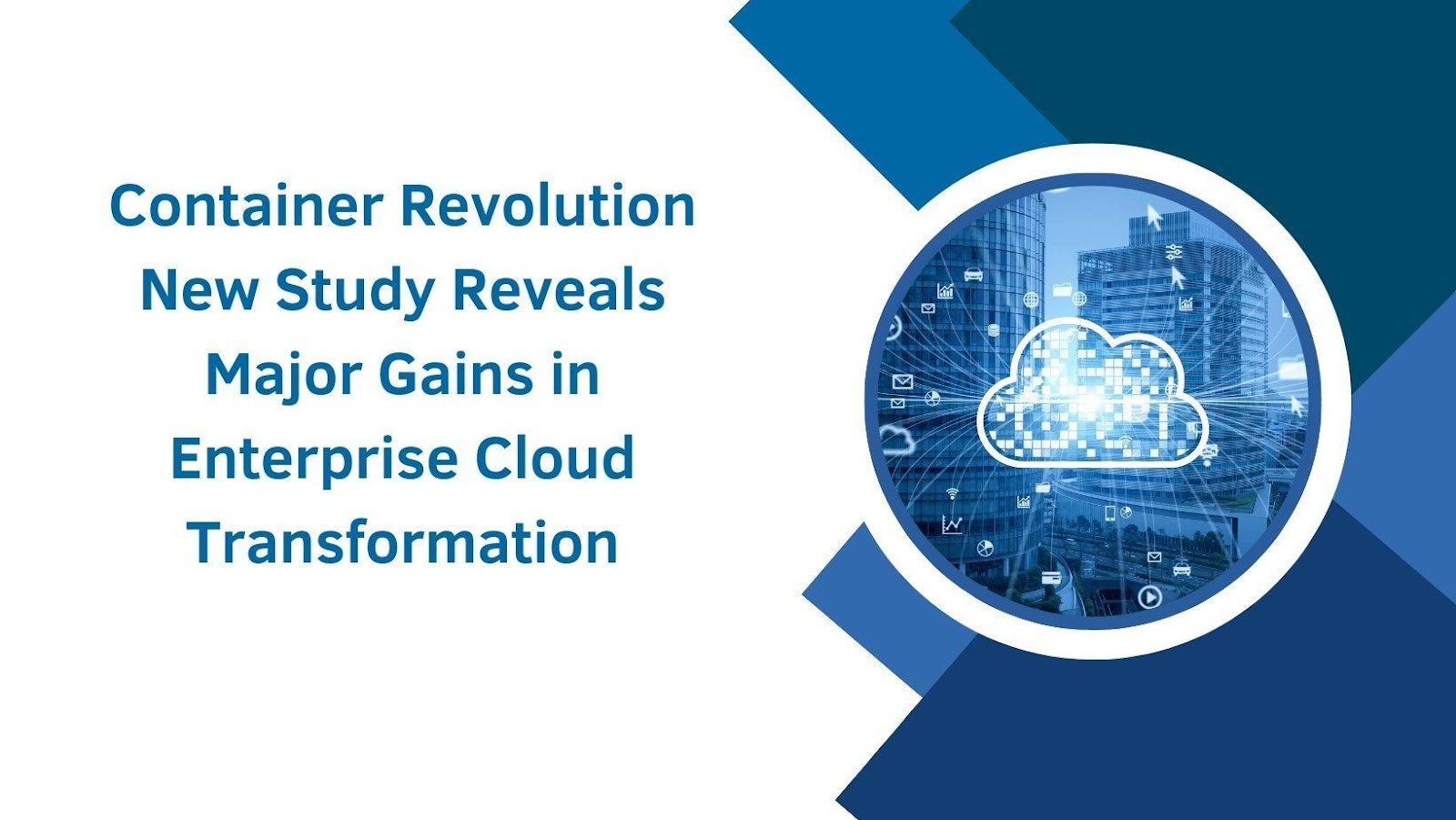A groundbreaking research paper published in the International Journal of Scientific Research in Computer Science, Engineering and Information Technology examines the transformative impact of container-based architectures on enterprise modernization. In his comprehensive analysis, Venkata Raghavendra Vutti, a researcher from a leading U.S. university, reveals compelling evidence of how containerization is reshaping business operations and technical capabilities. The study provides detailed insights into how modern enterprises are achieving unprecedented levels of operational efficiency, cost reduction, and system reliability through container-based cloud architectures, marking a significant shift in digital transformation strategies.
The Digital Imperative
Modern enterprises are witnessing a significant shift in their digital infrastructure priorities, with over 76% of organizations placing application modernization at the forefront of their strategic initiatives. This transformation is driven by the pressing need to reduce the substantial 60-80% of IT budgets currently allocated to maintaining legacy systems, highlighting the urgent need for modern solutions. These systems have created significant technical debt, with research demonstrating that organizations implementing containerized architectures experience substantial benefits, including an average 31% reduction in operational costs and a 42% improvement in application performance.
Breaking Down the Container Revolution
Container technology adoption has seen remarkable growth, evolving from 23% in 2016 to an impressive 92% enterprise adoption rate by 2023. This surge is backed by tangible benefits, including a 66% reduction in deployment-related errors and a 78% boost in developer productivity. Organizations implementing these technologies report achieving 89% resource utilization efficiency and a significant 73% reduction in infrastructure costs. The transformative impact extends beyond cost savings, with organizations reporting a remarkable 65% acceleration in deployment cycles, enabling faster response to market demands and improved customer satisfaction levels.
The Security Evolution
Recent studies highlight that organizations implementing comprehensive container security measures report a 79% reduction in security incidents and a 91% improvement in vulnerability detection rates. Container image scanning tools have successfully identified and prevented 94% of known vulnerabilities before deployment, while runtime security monitoring has detected 87% of potential threats within 30 seconds.
Transforming Infrastructure
The implementation of sophisticated container orchestration strategies has yielded remarkable results, with organizations experiencing a 76% reduction in operational overhead and an 82% improvement in resource utilization. Modern platforms can now manage clusters of up to 5,000 nodes and 150,000 containers simultaneously, with automated scaling capabilities responding to load changes within 8 seconds. Studies show that properly implemented orchestration strategies reduce mean time to recovery by 71% and improve application availability to 99.99%, while organizations report achieving a 68% reduction in deployment failures through automated orchestration processes.
Measuring Success Through Numbers
The transformation impact is quantifiable across multiple dimensions. Organizations report an average 31% reduction in operational costs within the first year, while infrastructure costs typically decrease by 45% through improved resource allocation. System maintainability has shown remarkable improvement, with organizations reporting 70% better maintenance efficiency and reduced downtime, translating to enhanced customer satisfaction and market competitiveness. The migration to containerized architectures has also enabled organizations to achieve 2.5 times faster time-to-market for new products and services, while documenting a threefold increase in feature delivery rates and innovation capacity.
Future Horizons
Looking ahead, container adoption continues to evolve rapidly, with research indicating a 300% increase in implementation over the past two years. The integration of artificial intelligence and machine learning with containerization has enabled 68% of organizations to achieve enhanced operational insights and 73% better predictive maintenance capabilities. By 2025, estimates suggest that 82% of new applications will be developed using cloud-native principles, leading to a 55% reduction in development cycles.
In conclusion, the documented improvements in operational efficiency, cost optimization, and scalability provide compelling evidence for organizations considering similar transformations. As Venkata Raghavendra Vutti concludes in his analysis, organizations embracing these technologies while following established best practices are better positioned to meet the challenges of an increasingly digital business landscape and maintain competitive advantages in their respective markets. The research demonstrates that container-based architectures not only deliver immediate operational benefits but also create a foundation for continuous innovation, enabling organizations to adapt and thrive in an increasingly competitive digital economy.



































